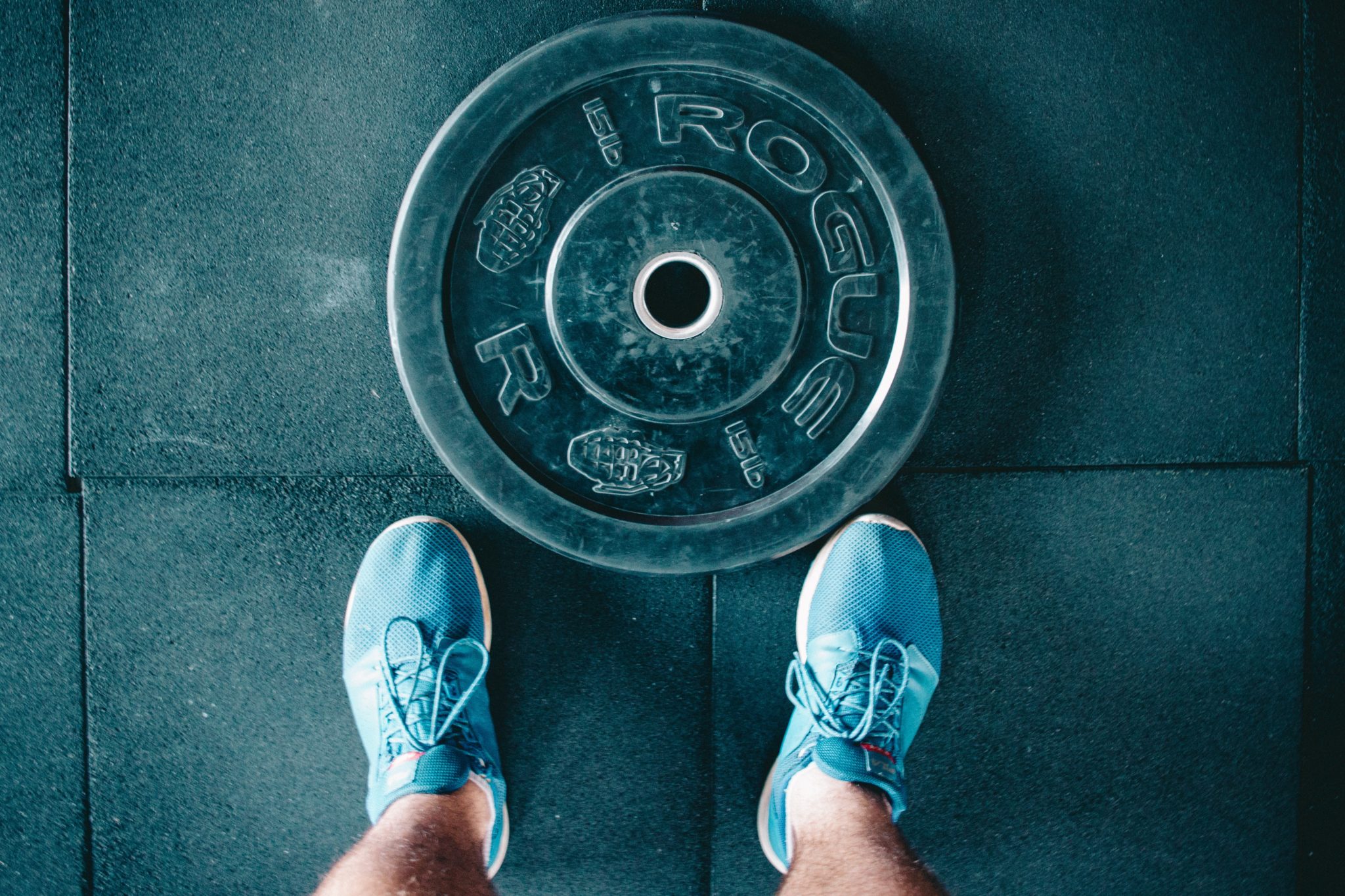Use Cases and Benefits of AI and Machine Learning in the Fitness Industry
In the twenty-first century, AI and ML are rapidly becoming more widespread.
AI pervades various industries, so this article will concentrate on fitness and AI/ML. So, whether you want to establish a club administration software or a wearable with machine learning and AI skills, you’ve reached the right place.
The global AI market might double within two years. Modern workout programs use ML and AI technology. How should they be used? Why should your app have this feature? Keep reading to discover more.
What Exactly Is AI?
It is a part of computer science focused on the replication of intellect in systems. To use AI, investigate how well a system performs tasks that only humans can do, such as understanding and drawing conclusions.
In terms of fitness apps development, this may suggest whether an app can “make a decision” on the number of times and effort or provide a suitable variety of exercises, among other aspects.
What Exactly Is ML?
ML is a technique for creating AI. It offers perspective on the data type, and AI reacts to the data within the framework of a set of restrictions.
Machine learning development services for the fitness industry are based on automated statistical analysis to ensure a sense of huge data collection employing complicated algorithms to uncover particular patterns.
Learning-based clubs are another possibility. It’s a branch of ML that studies deep learning and brain activity using artificial neural networks.
Furthermore, deep fitness learning is sometimes the most challenging component of developing an app, such as designing a specific model frame for human position estimation.
How Beneficial Are ML and AI in the Fitness Sector?
Let’s go into how beneficial is ML and AI in the fitness sector:
Personal Training
People have brought exercise into their own homes. Engaging in home fitness workout applications is a better solution for people unable to attend a class, particularly during a pandemic. So how can an AI consulting company help the fitness industry? Here’s how:
- Predict which workouts your clients will be able and willing to complete. This could be relied on by receiving a very brief profile from a person.
- Make workouts consisting of activities as you discover how your customers react and what benefits they obtain. For example, AI may identify undeveloped muscles and utilize users’ general capacity to modify their behaviors using fitness data.
- Adjust exercises depending on available tools since your application users will likely have fewer tools at home than at the gym.
- Give an individual posture prediction, a common choice provided by AI. It is employed to calculate the orientation and location of the human body and its motions, given a picture of every individual.
Simultaneously, the majority of these solutions are frequently employed not just in the home fitness club but also in gym training.
Gym Management
AI-driven gym software solutions may simplify numerous operations and reduce customer service expenses. Coaches may utilize apps and linked exercise equipment to see how people use machines. Coaches and fitness membership firms may benefit from this uniqueness.
Simultaneously, using ML in gym management enables:
- Prevent human errors, and is perhaps more important in the consumer health services industry than anything else.
- Many time-consuming procedures may be automated, which is vital for client onboarding and customer support.
Moreover, artificial intelligence used in the fitness club business may enhance sales and marketing while also enhancing decision-making among corporate leaders.
AI-created meal planning has the potential to prevent heart disease and other malnutrition-related ailments, potentially saving lives. FitGenie is an iOS app that uses machine-learning algorithms to help with dietary planning.
In addition, wearables may shortly be able to access electronic medical information, and virtual assistants will provide more detailed advice.
AI-powered wearables may give more detailed and individualized advice to improve behaviors.
Top 4 AI and Machine Learning-Based Solutions
Let’s look at some more solutions and applications that may demonstrate the potential of AI in the fitness business.
1. FitnessAI
It creates personalized fitness regimens using AI. The application improves weight lifting cycles, repetitions, and levels when a user works out. FitnessAI promises to have the world’s biggest weightlifting dataset and outperform any professional fitness instructor.
2. Aaptiv Coach
AI-based assistants provide individualized workout and living routines. Aaptiv Coach makes use of data from interactions and suggestions. It took three years to develop and is the most crucial new product for the firm. A popular audio-based fitness program has recently added a new function.
3. Whoop
Wearables may improve sleep and recovery. Whoop’s creators employed ML to replicate polysomnography technicians’ sleep phases. Whoop can measure productivity pressure by evaluating a person to others in a group, and it learns how they react over time.
4. Asensei
Asensei is a linked iOS coaching software for Olympic athletes and world-class trainers. The software guides and corrects a user’s training using motion capture sensors in standard sportswear. Customers may follow AI-powered coaching programs.
Conclusion
In this post, we explored the applications of AI and ML in the fitness industry.
One thing is sure, too. Data-driven fitness is the way of the future for both customers and business owners in the wellness industry. Any fitness solution that doesn’t rely on big data will be outdated over the next five years as AI and ML become pervasive in the sector.
This article has been published in accordance with Socialnomics’ disclosure policy.










